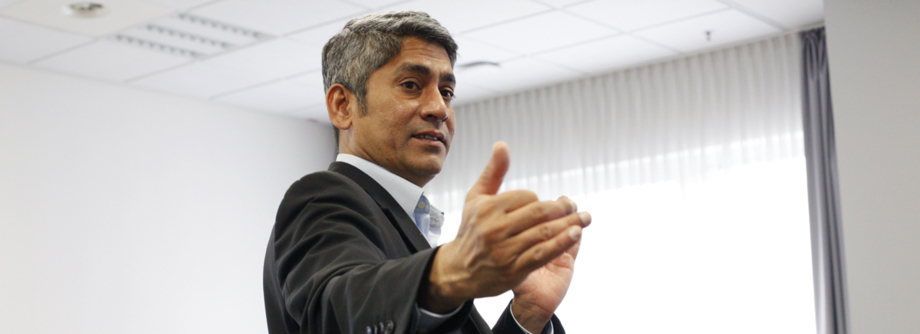Anti-Bias Education, Social Inclusion and Organisational Development Programs
Context
One of the great wonders of creation is its diversity: no one culture has a monopoly on goodness, value, and worth, nor on understanding all the complexities of our world. A second great wonder is the common thread that binds all life together in mutual interdependency. Survival for all of us depends on each new generation getting increasingly better at creating societies in which "liberty and justice for all" really is for all. As Alice Walker aptly writes: Keep in mind always the present you are constructing. It should be the future you want.
(Louis Derman-Sparks in: Beyond Heroes and Holidays - A Practical Guide to K-12 Anti-Racist, Multicultural Education and Staff Development).
While dealing with racism, sexism, classism and other “-isms”, the anti-bias approach challenges all personal attitudes, social and institutional practices which are oppressive to people. Though the approach originated in the US context in the late 1980s (see Louise Derman-Sparks, Anti-Bias Curriculum-Tools for Empowering Young Children, 1989) it spread rapidly to other countries, including post-apartheid South Africa. In Germany, these trainings formed part of an EU project “Learning from the South: Anti Discrimination as a challenge to development education” between the years 1997-200, whereby trainers from the Anti Racism Trainings Network (ART) were invited to train various groups in Germany. Since then, Anti-Bias Trainings have established themselves in Germany and various other countries in Europe as an effective method to motivate and equip individuals, groups (children, youth and adults) and institutions to critically confront their discriminatory behaviour and action and search for non-discriminatory ways of thinking and action.
Target Groups/Areas of Implementation
• Teachers/Adult Educators/Multipliers in the field of (further-) education
• Trainers, Faciltiators und Consultants
• Social Workers
• Decision Makers/Heads of Educational Institutions
• Integration Commissioners
• Project Heads in non-profit Organizations
The aim is to establish and nurture inclusive societies that provide access to social, political, knowledge and economic resources to all irrespective of their ethnic origin, age, gender, physical or
mental condition, religious background and sexual orientation. Thereby, the following seven elements are of central importance:
• Developing an authentic Identity
• Respect for physical and social Diversity
• Ability to care/co-operate
• Critical Thinking
• Identify and challenge unjust structures and practices
• Protecting Human Rights (to life, nutrition, sustainability)
• Developing an Identity based on Anti-Bias ideals
Themes dealt with in the Training Modules and further Organizational Development Programs
- Anti-Bias-Strategy
- Anti-Bias, Intersectionality and Managing Diversity: Similarities and differences
- Global Citizenship and Social Inclusion
- Modern and internalized Forms of Discrimination
- Levels of Discrimination
- Experience based models and mechanisms of discrimination
- Origins and perpetuation of Oppressive Ideologies
- Family, Gender, Origins
- Adult anti-racist Journey
- Alternative non-oppressive ways of thinking and acting
- Case Studies in (anti-)discrimination
- Networking, Lobbying and Sustainable Planning
- Anti-Bias und Organisational Development
- Moderation, Facilitation and Feedback-Methods
Additional Services
Besides organizing trainings, organizational and personnel development programs we also undertake commissions for lectures, expert inputs, key note addresses at conferences, seminars and workshops. We welcome requests for developing and implementing joint educational projects or events (conferences, lecture series/teaching tasks) in anti-discrimination and further diversity development programs.
Interested individuals and groups may use the contact page to organise trainings in their institutions, get themsleves trained as anti-bias trainers or incorporate anti-bias training modules into their learning programs.


